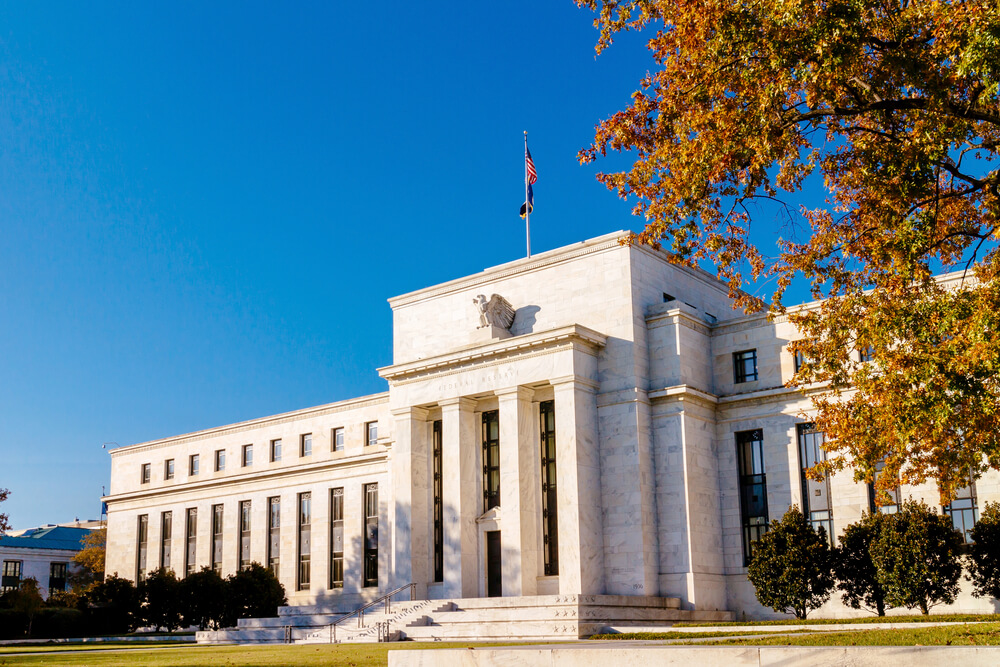
Fed: US economy faces risks from Chinese real estate sector
On Monday, the Federal Reserve warned that tensions in the real estate sector of China posed some risk to the US economy and financial system. The Fed pointed to Evergrande and other massively indebted property companies as a potential origin of global contagion. In its semi-annual Financial Stability Report, the Fed warned that financial pressures in China pose risks to global economic growth, might hurt global financial markets, and affect the United States.
The Fed also predicted that a rise in interest rates might lead to a massive change in risky assets on the domestic level. Besides, it indicated a decrease in housing demand that could lead to lowering home prices. Investments and employment might experience some changes, too, as borrowing expenses for businesses grow.
Overview
The US central bank said it was concerned about China because its local government and business debt remain high; the leverage of the financial sector is also high at small and medium-sized banks. The bank said that the ongoing regulatory focus on leveraged companies could stress some highly indebted businesses in this environment. It could happen especially in the real estate sector, as represented by the current concerns around Chinese real estate company Evergrande. The Fed also stated that the Chinese financial system might come under pressure if there was a sudden change in real estate prices.
The central bank’s warning appeared two months after Fed chair Jay Powell described the situation of Evergrande as very critical to China. Powell said he was worried about the turmoil that could broadly affect investor confidence and global financial conditions even though he did not see much direct United States exposure. In the report, the central bank warned that highly indebted market economies might also affect financial stability, especially during a sudden tightening of economic conditions.
The Fed wrote in its report that a sudden tightening of financial conditions might increase debt-servicing costs for businesses, stress EMEs’ economic systems, and trigger capital outflows. The Fed also said that broad and persistent stress might affect the US financial system, adding that companies with strong connections to the most vulnerable countries remained at risk. Regional head of research for the Americas at ING, Padhraic Garvey, said a correlation concept was in the report. The Fed also analyzed recent volatility in meme stocks in a special section of the report.


